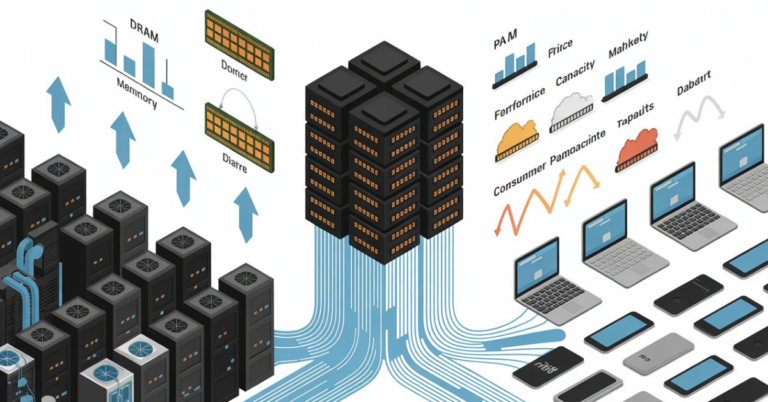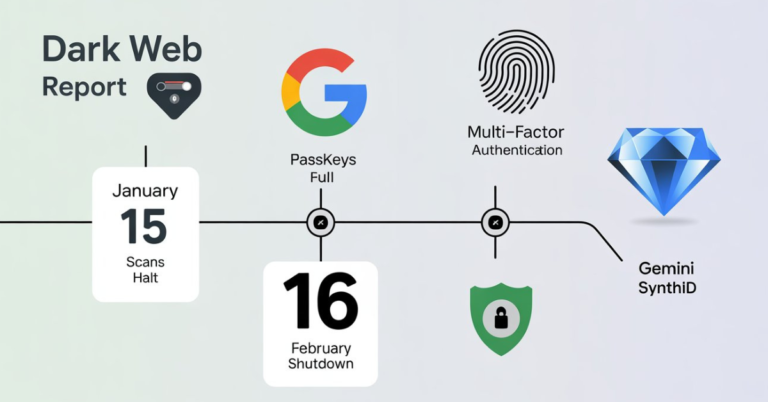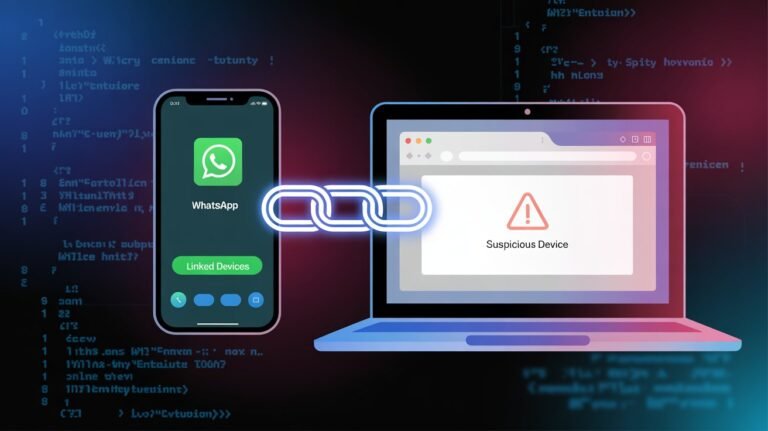Key Takeaways
-
AI agents are becoming essential enterprise tools, handling everything from emails to HR workflows.
-
Major players include Google, Microsoft, IBM, OpenAI, Anthropic, Cohere, and SoundHound’s Amelia.
-
These agents are integrated, context-aware, and built for scale—empowering businesses to boost efficiency and reduce costs.
What Are AI Agents—and Why Are They Gaining Ground?
AI agents are intelligent digital assistants capable of completing tasks on behalf of users with minimal oversight. Unlike traditional bots, these agents use advanced language models (like GPT-4o or Gemini) to understand context, plan actions, and operate independently within defined boundaries.
“AI agents mark a shift from passive assistance to proactive execution,” says Dr. Fei-Fei Li, Co-Director of Stanford’s Human-Centered AI Institute. “They’re transforming productivity across sectors.”
Also known as “copilots” or “enterprise assistants,” these systems now live at the heart of enterprise ecosystems—from customer support to supply chain analytics.
1. Google Gemini Agents
Built on DeepMind’s Gemini models, these agents are integrated into industries ranging from fast food to finance. Deployed via Google Cloud, they manage customer service, spreadsheet analysis, and even factory operations.
Use Case: A logistics firm using Gemini agents reduced supply chain delays by 21% (Source: Google Cloud Enterprise Blog).
Features:
-
Deep integration with Google Workspace and third-party tools
-
Scalable across roles and departments
-
Built with real-time language understanding
2. Amelia by SoundHound
Initially launched as IPsoft, Amelia has evolved into a multilingual, customizable AI platform serving sectors like telecom, finance, and healthcare. SoundHound’s 2024 acquisition positioned it as a frontrunner in voice-driven enterprise AI.
Expert Insight: “Voice-enabled AI agents like Amelia are game-changers for industries with high regulatory demands,” says Sarah Thompson, AI strategist at Deloitte.
Features:
-
Handles live conversations in multiple languages
-
200+ enterprise clients
-
Projected to generate $150M revenue in 2025
3. IBM watsonx Orchestrate
IBM’s no-code AI agent platform empowers teams to build and deploy intelligent digital workers quickly. Agents created through Orchestrate can automate tasks in HR, sales, procurement, and operations.
Stats to Know:
-
Resolves 94% of support requests automatically
-
Speeds onboarding by 25%
-
Cuts reporting time by 88%
(Source: IBM)
4. Microsoft Copilot & Azure AI Agents
Through Microsoft 365 Copilot and Azure AI Agent Service, Microsoft offers a full suite of task-performing agents. These tools handle everything from HR support to financial reconciliation, working across Teams, Outlook, and PowerPoint.
Quote: “Copilot has become a critical tool for knowledge workers,” said Jared Spataro, Corporate VP at Microsoft. “It augments human effort and speeds decision-making.”
5. Claude Agents by Anthropic
Built for high-trust environments, Claude agents focus on complex reasoning and safe interaction. Claude Opus 4 powers these tools, making them reliable for legal, customer support, and software development workflows.
Highlights:
-
Jailbreak-resistant
-
Human-aligned responses
-
Designed for ethical, responsible use
6. North by Cohere
North is Cohere’s end-to-end AI automation platform tailored for industries like healthcare and finance. Built on Cohere’s Command LLM, North supports everything from document generation to data-driven decision-making.
Partners include:
-
Royal Bank of Canada
-
Salesforce
-
Oracle
Study: According to Forrester Research, 47% of firms using North reported reduced operational costs within six months.
7. OpenAI’s Operator
Currently in research preview, Operator brings GPT-4o into real-time browser control. It can click, type, and complete online tasks like making reservations or placing orders.
Why It Matters:
-
Blends language understanding with interface action
-
Early steps toward fully autonomous digital assistants
Final Thoughts
AI agents are no longer just a concept—they’re actively reshaping how companies function. From large enterprises to lean startups, businesses are adopting these tools to streamline operations, reduce errors, and unlock human potential.
“The future of work is not man or machine, but man with machine,” says MIT Sloan’s Erik Brynjolfsson.
Reference Links:
-
IBM watsonx Orchestrate Efficiency Report
https://www.ibm.com/products/watsonx-orchestrate -
Google Cloud Enterprise AI Case Studies
https://cloud.google.com/customers -
MIT Sloan – AI and the Future of Work Report
https://mitsloan.mit.edu/ideas-made-to-matter/ai-future-work -
Anthropic – Claude AI Overview
https://www.anthropic.com/index/claude -
Forrester Research on AI Automation
https://go.forrester.com/blogs/category/artificial-intelligence/















